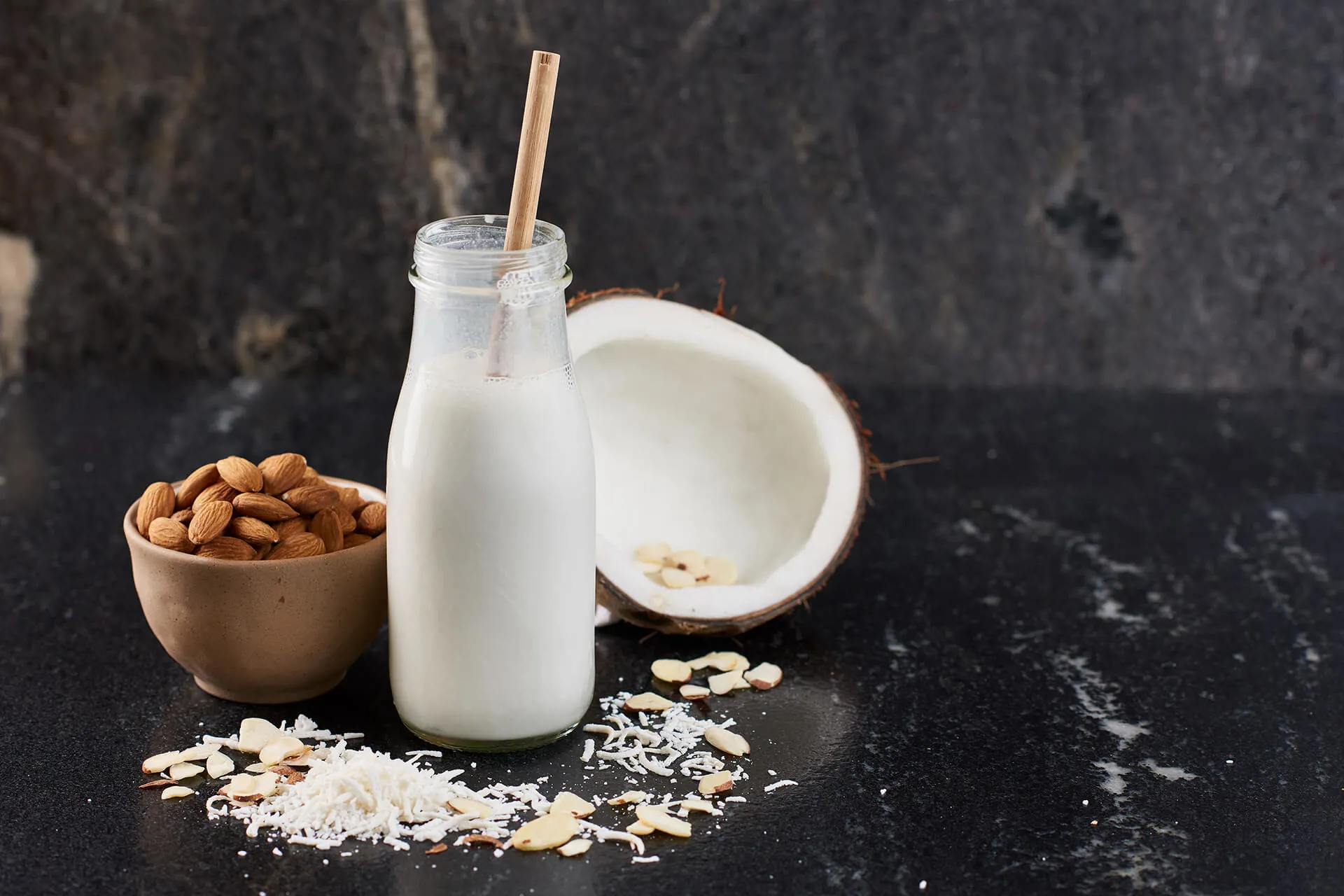
TECHNICAL ARTICLE
PLANT-BASED PRODUCTS
Plant-based yoghurts are becoming increasingly popular with consumers around the world and have a global CAGR of a whopping 18% from 2021 - 2026. However, To succeed in this competitive market manufacturers need to replicate the stability, mouthfeel, texture and creaminess that consumers love from their dairy-based counterparts and that can be a challenging process.
With stabiliser-blend Palsgaard® AcidMilk 310 in the mix, it won't be.
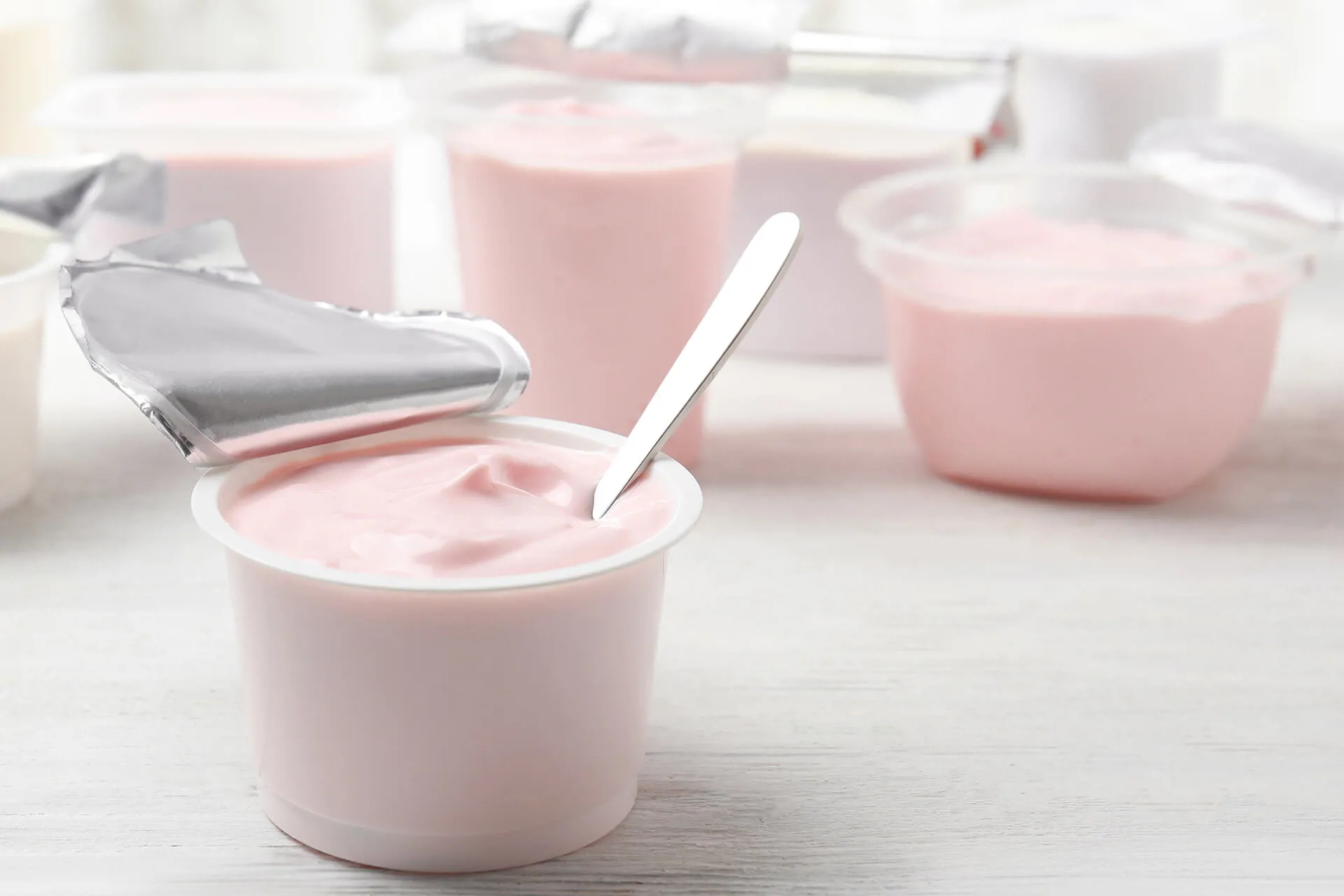
The plant-based market may be thriving, but it is still relatively new and therefore manufacturers are continuously learning about the challenges raw materials can present when creating alternatives to dairy.
Palsgaard can help with these challenges, and we can help you develop yoghurts tailored to your particular markets. Working with us can also help shorten your product development time via the support we offer in our seven global Application Centres.
We have tested Palsgaard® AcidMilk 310 across a variety of plant bases, and we can make sure it is easy for a manufacturer to get started as we're happy to share our library of start-up recipes.
Palsgaard® AcidMilk 310 offers a multitude of benefits ensuring your delivery of top-quality plant-based yoghurts across a variety of categories, including standard stirred and drinkable yoghurts as well as ambient shelf-stable yoghurts. And with manufacturing plants in six countries, we're sure to deliver.
Contact us today to order samples of Palsgaard® AcidMilk 310 and try them in our extensive library of recipe suggestions which you can access below.
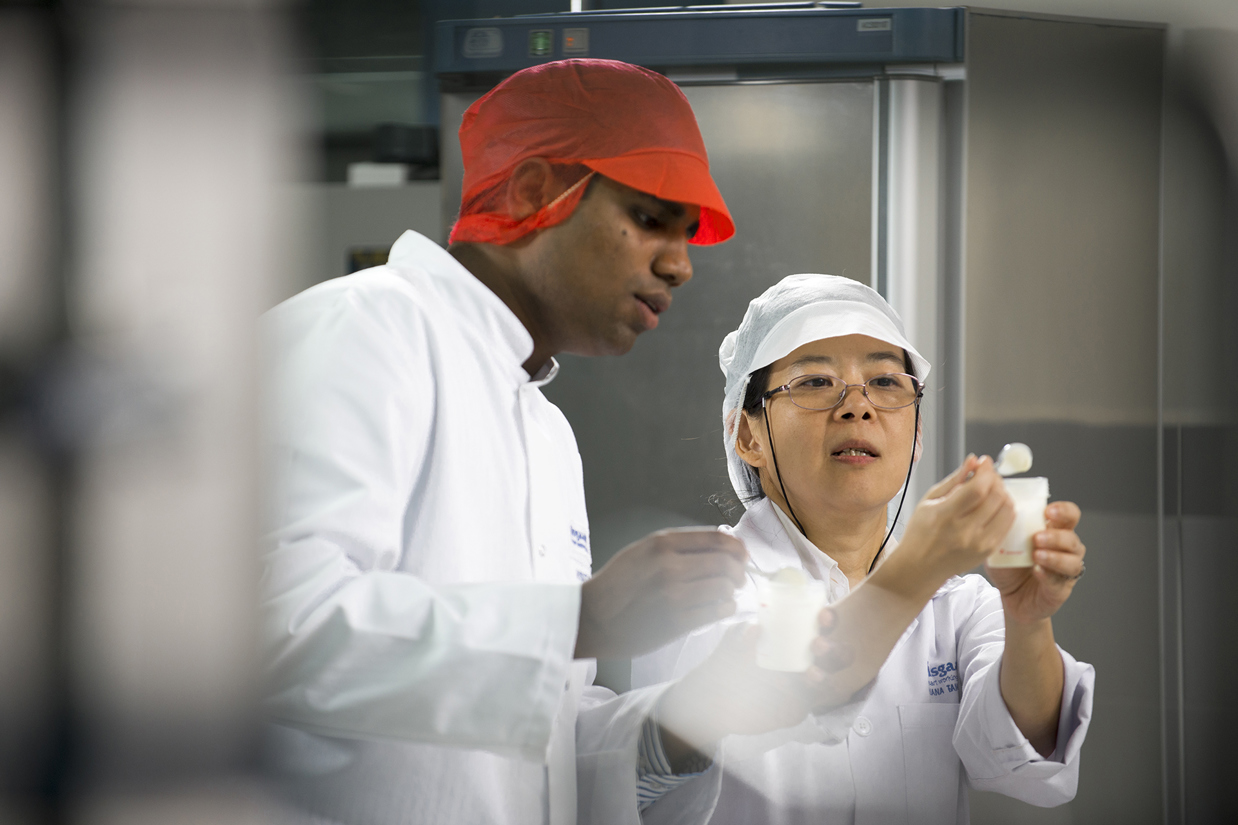
In Palsgaard's 2021 survey of 1,307 consumers in Mexico, France, Russia, the USA, and Vietnam we learned that water separation within plant-based yoghurts is a point of concern for consumers. More than seven in ten respondents (71.8%) said they had noticed water on the surface of their plant-based yoghurt products, with men being more likely to notice this than women. Of the people we surveyed, 90.1% of the men said they had noticed water separation compared with 69.2% of female respondents. Some countries were significantly higher than average here with 79.5% of respondents from the USA and 80.2% of those from Vietnam noticing this issue. While the products are still safe to eat (if consumed within the recommended timeframe), this phenomenon could potentially be off-putting for consumers.
Palsgaard® AcidMilk 310 can help to minimize this effect, thereby improving the visual quality – and the mouthfeel – of the plant-based yoghurt once opened.
TECHNICAL ARTICLE
Palsgaard is introducing a clean-label stabiliser blend to help ensure plant-based yoghurts can match their dairy counterparts. In this article, Marilyn Tan, Application Technologist with Palsgaard Asia-Pacific, lists FIVE reasons why she believes manufacturers should have a closer look at Palsgaard® AcidMilk 310:
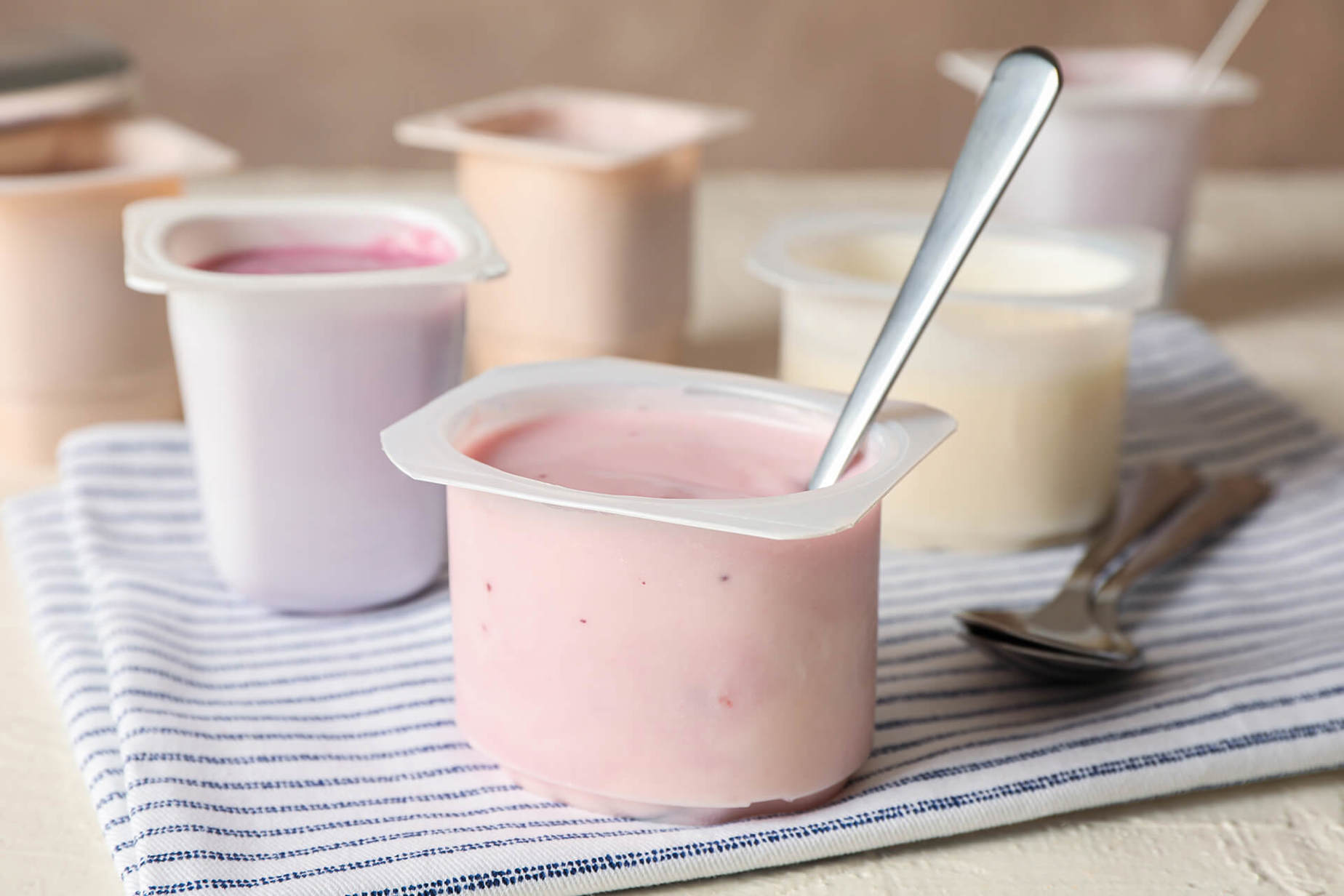

TECHNICAL ARTICLE

TECHNICAL ARTICLE
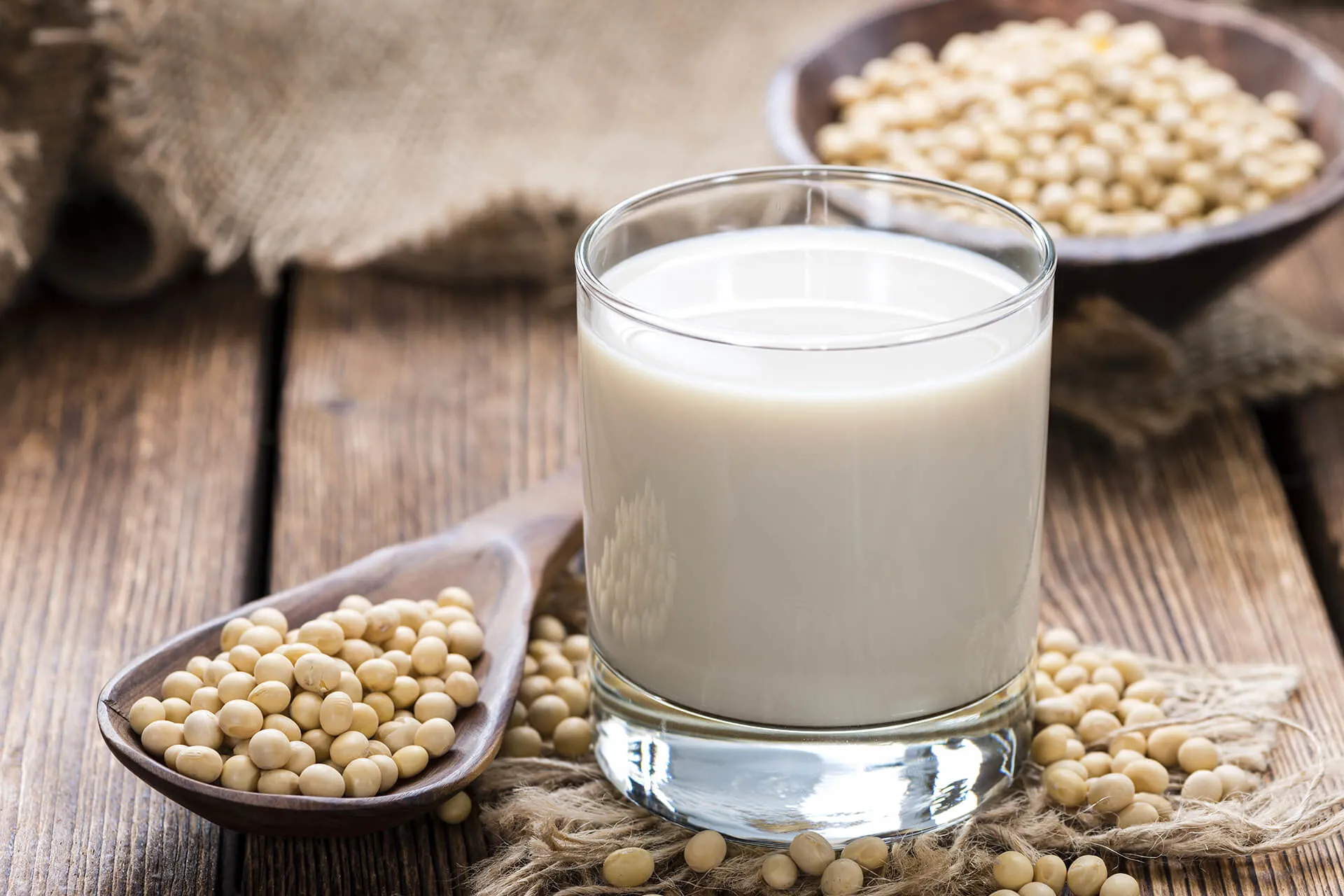
TECHNICAL ARTICLE
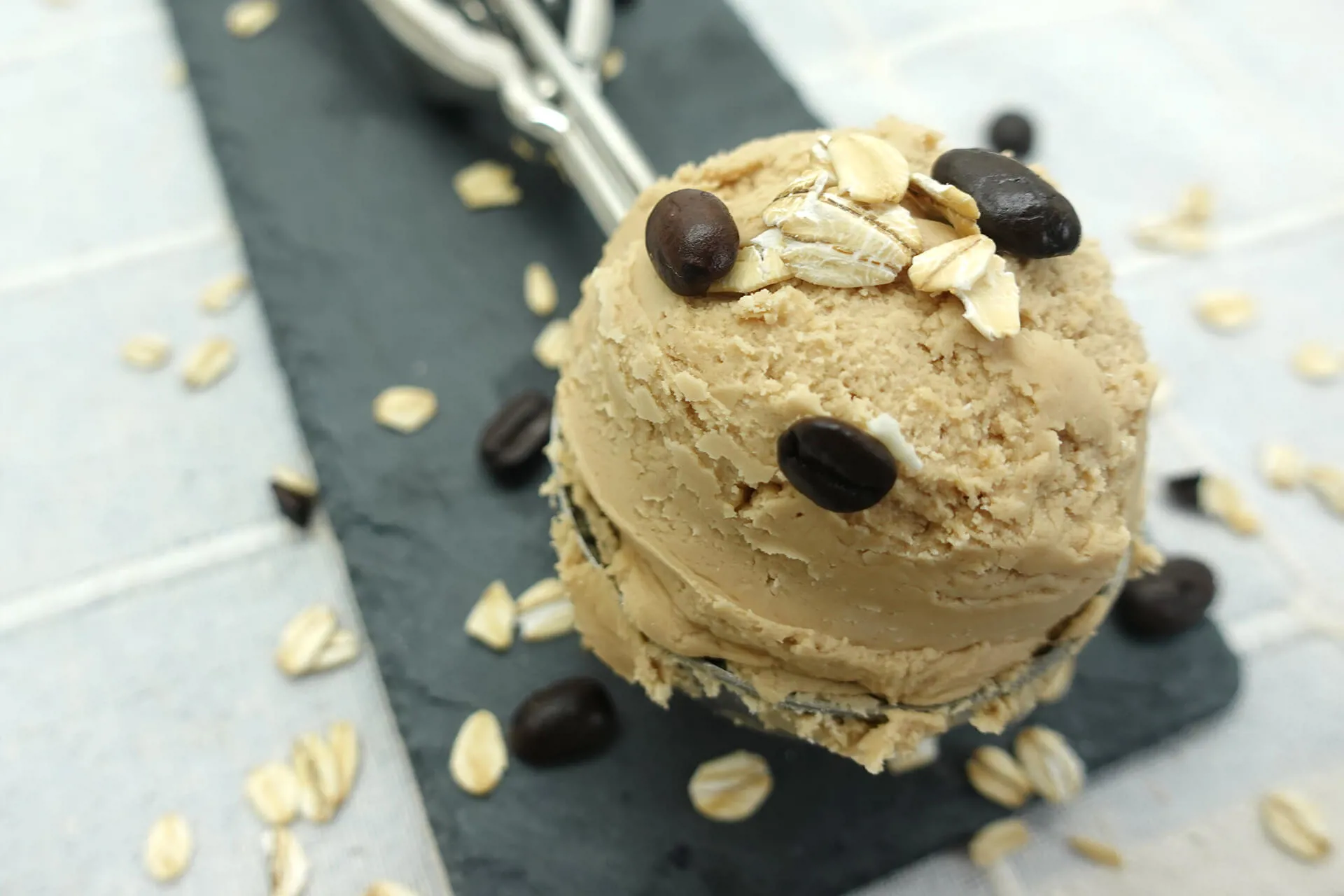
TECHNICAL ARTICLE
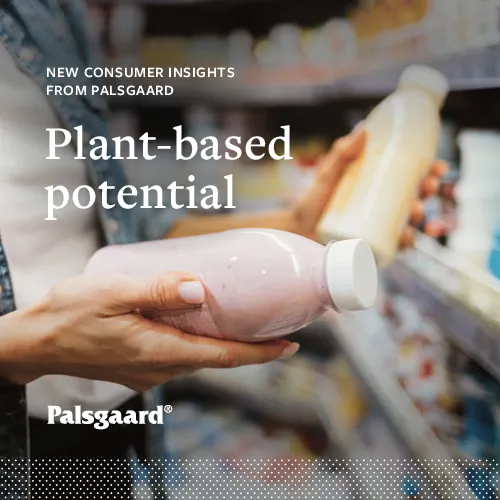
CONSUMER SURVEY